Knowing the possible causes of roof leaks allows us to take measures to solve them in time. Therefore, in Fussy Roof Restorations we will tell you the reasons why they appear and how to solve them. Read on and learn a little more.
What Causes Roof Leaks
It is important to know what is causing the roof leaks. In this way, they can be prevented or repaired in time without worsening the situation. Because, beyond the annoying drops that fall, they produce moisture that causes diseases, fungi and other consequences.
In general, leaks are born by:
Water accumulation in gutters and roofs
When the gutters are clogged or a badly placed tile prevents the water from running, it accumulates and forms leaks. This is due to the effect of the liquid on building materials.
Although all roofing and cover materials must be conditioned to be in contact with water, they are not designed to be constant, as in the case of swimming pools. So it weakens and presents failures that cause roof leaks.
Roof age
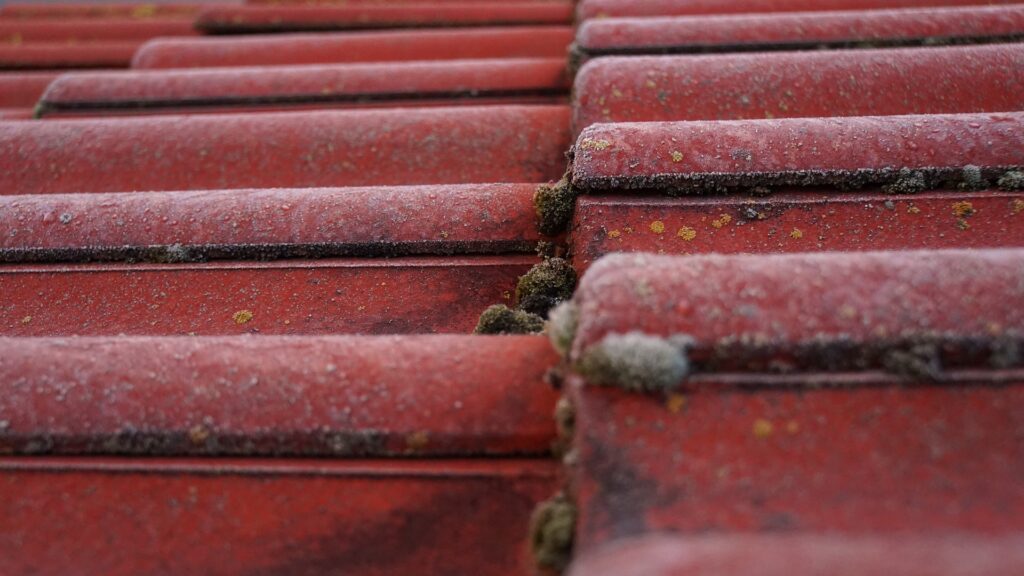
All materials have an estimated life time. This, thanks to the passing of the years and use, deteriorates and weakens them. When this occurs, roofs tend to crack, and even lose the ability to support and prevent the passage of water. Read our article on 10 signs the roof needs restoration.
Therefore, it is important to periodically check the roofs to know what condition they are in and if they need any roofing repair.
Climatic condition
Depending on the weather conditions, the roofs can last a little more or less. For example, if the sun is very strong in your area, the tar will melt faster; or if the rains are constant, it gets wet quickly.
Also, it is important to mention the roofs of homes located in areas where hail falls or strong winds and hurricanes blow. Well, they run the risk of their covers being punctured or blown off by the weather.
Lack of roof maintenance
The maintenance of the ceilings is essential for the materials to last their maximum life time. When the proper procedure is not carried out to maintain the conditions of the roof, they deteriorate in an accelerated way.
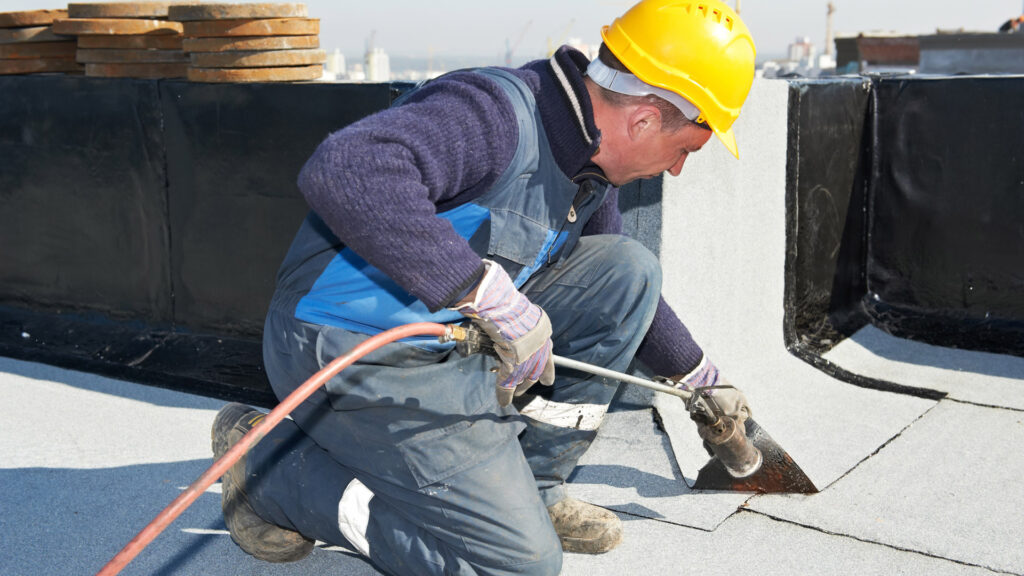
In addition, by not performing maintenance, small failures advance and become large roof leaks. These, in turn, can damage the roof and wall structure of the house. Contact our roofing experts to help you assist in maintaining your roofs.
Low quality materials
Poor quality materials often give misleading results or have a very short useful time. This is one of the main causes of roof leaks.
As the roof is an exposed surface and so important for the protection of our homes and families, it is important to invest in the best materials. Perhaps, the financial expense is higher, but in the long run, you will see that you will be saving a lot on maintenance and repairs.
Broken pipes and leaks
If you live in an apartment and your roof is leaking, it is most likely the result of a broken pipe or leaks due to wet floors from your neighbors. Since in building structures, some pipes can pass between floors
In these cases, it is good to maintain respectful communication with the neighbors so that they can solve the problem.
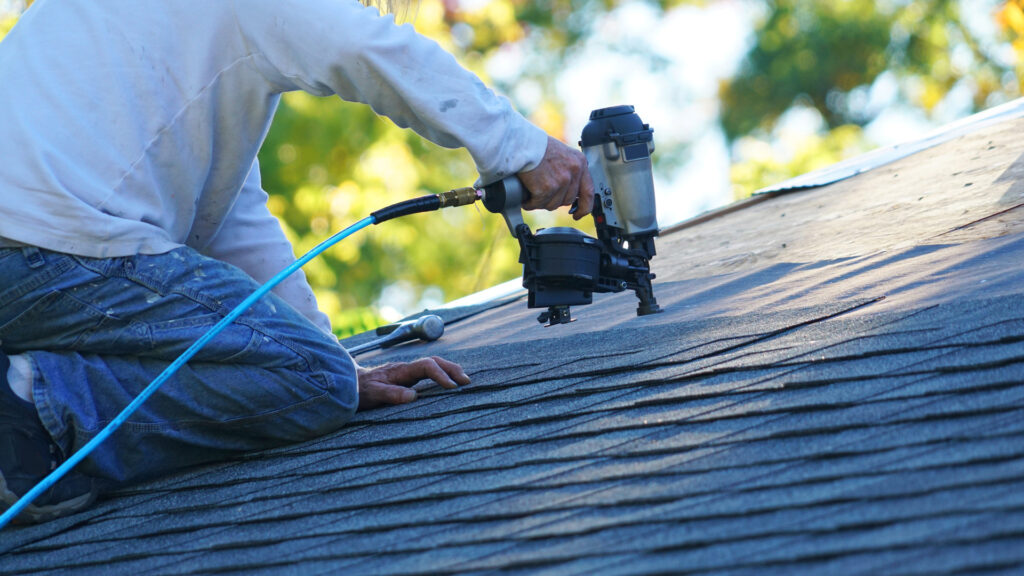
How are roof leaks repaired?
The first thing you should do is locate the leak. It is important that you monitor the structure of your roof to know if there are damages that can become leaks, so you can take action to prevent them. But if they do, to repair them, you can:
1. Make waterproofing
These must be done preventively at the time of construction, however, they require maintenance. If your roof has been affected by moisture and is leaking, waterproof roofs to protect it from contact with water.
2. Glue the tiles with putty or polyurethane foam
When the leaks are the product of tiles that have moved from their place because of the wind or storms, gluing them with putty or polyurethane foam is an option so that water does not pass through them. Remember that the tiles have the peculiarity that they are waterproof. So if your roof has water leaks, you should inspect that they are in place.
3. Remove the damaged area
Study the affected area very well. If it is badly damaged, it is best to have it removed and the damage repaired using new materials. Because when these are very serious, infrastructure can be affected and a crash can occur.
4. Uncover the gutters
Learn to maintain gutters where rainwater runs and runs off. Remember that if they become clogged and accumulate water, the consequences can be serious. If you notice at any time that there is leakage through these, you must uncover them, or failing that, change them.
How to treat a leak in a floor?
The most difficult thing about living in an apartment is that a structural problem, such as leaks, can depend on the neighbors. When this happens, it is best to treat the case with these in a very respectful way.
On how to cover leaks in the roof of a floor, it is best to leave the repair in the hands of professionals. Since these structures are quite delicate and bear a lot of weight. To achieve this harmoniously and for your neighbors to take responsibility, you must:
- Get in touch with your neighbors: This will help you in many ways. First, you will make them aware of the problem, you will know if they are also affected and where the leak is really coming from.
- Hire an expert plumber: This will determine the real cause and origin of the water that falls through the leak. Thus, you can leave a record of who is responsible for it so that they take care of all the expenses that are generated in the repair. Contact Plumbers in Newcastle!
- Notify the neighborhood council: The directive is the one indicated to mediate in the dialogue with the owners or tenants of the other floors. In addition, there will be a formal record of the problem and the expert’s report.
- Find a professional: When repairing leaks in a floor, it is recommended that you hire an expert. In this way, you will ensure that it is fixed from the root and also your safety.
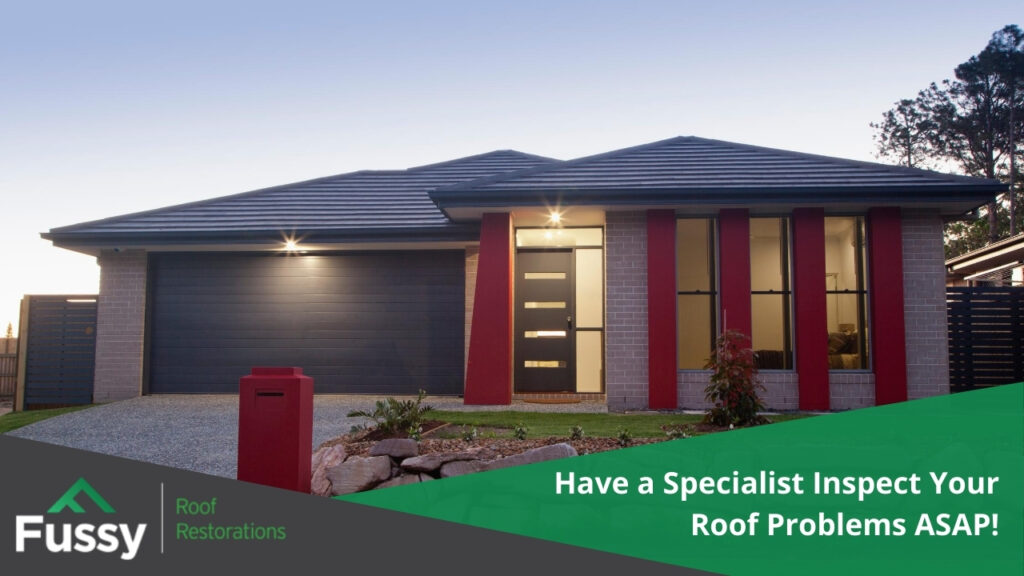
These are the possible causes of roof leaks. Remember to contact experts like Fussy Roof Restorations. Take care of the safety of your home and your family by doing quality work on the structure of your house.
You may also like to read: Construction Certificate: Who can best ask for it?


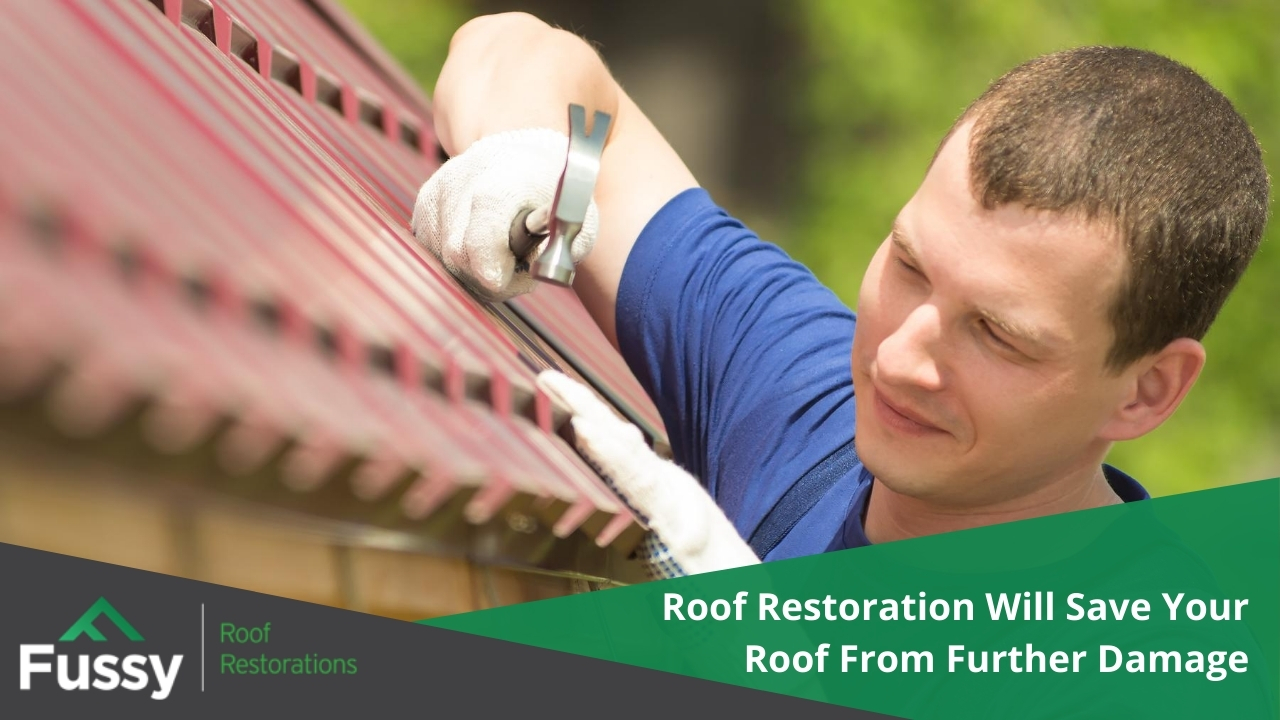
Recent Comments